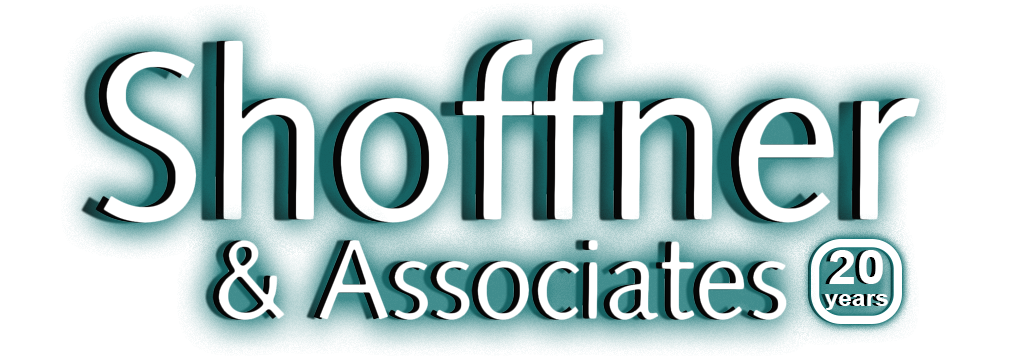Covid-19 and the associated economic downturn has resulted in many people losing all or part of their household income. This is of course very worrisome and stressful. One option many consider is filing for bankruptcy. Is that the right answer for you and if so, what is the right timing?
A stopgap measure may be enough to get you through an economic hurdle you may be facing. Familiarize yourself with government relief programs to include unemployment insurance. Investigate loan programs for small business owners and independent contractors if applicable. Consider these programs before you move forward with a bankruptcy filing.
Filing for bankruptcy enables you to eliminate your debt. It does not help with current living expenses such as rent, groceries, utilities, and more. Filing for bankruptcy does not help with your income. If you had no income before filing, you will have no income after filing. Stopping paying your unsecured debt to free up money for current living expenses will have the same short-term effect as filing for bankruptcy.
Remember, when you get a Chapter 7 bankruptcy discharge, you can’t get another one for 8 more years. This will impact your debt relief options for years to come. New debt you incur while trying and waiting for your income to come back to where it was will not be eliminated if you have already filed for bankruptcy. You could realize this debt by trying to keep up with living expenses with a reduced income or possibly being impacted by medical bills not covered by insurance. Filing for bankruptcy is a big decision. It can give you a fresh start but should only be done after understanding the pros and cons of filing for Chapter 7. An impulsive and fear-driven decision may be the wrong one.
Before you file for Chapter 7 make sure you qualify. You don’t want to go through the process or spend the money on the filing fee if you don’t. You will have to complete the means test analysis, to determine if you qualify, which is based on the last 6 months of income. This means you might not qualify yet, even if your income is currently below the median household income. This could also mean your case is dismissed because you also aren’t eligible for Chapter 13.
Creditors in Chapter 7 bankruptcies receive money if the filer owns property that is not protected or exempt. Almost all property of all filers is protected. Very few own property that isn’t. This means they don’t have to give up any of their possessions as part of Chapter 7. What the creditors do have access to is determined by the date of filing. It is important to ensure that any emergency funds you have are exempt. You may need them now more than ever. Luxury items may also not be exempt. This might be a good time to sell them to help pay your living expenses.
These are difficult times. There is a lot of uncertainty that people are worried about. Finances are at the top of the list for many. Bankruptcy is a powerful tool. Make sure it is the right one for you. There are a lot of considerations as to whether one should file for bankruptcy and if so when. Inform yourself as much as possible on the topic and current relief programs. Explore your options with Shoffner & Associates, experts in bankruptcy.
Starting a NEW business or know someone that could use our help? Call your friendly neighborhood attorney today.
With the right help, you are more likely to succeed. The attorneys at Shoffner & Associates will be happy to help you.




